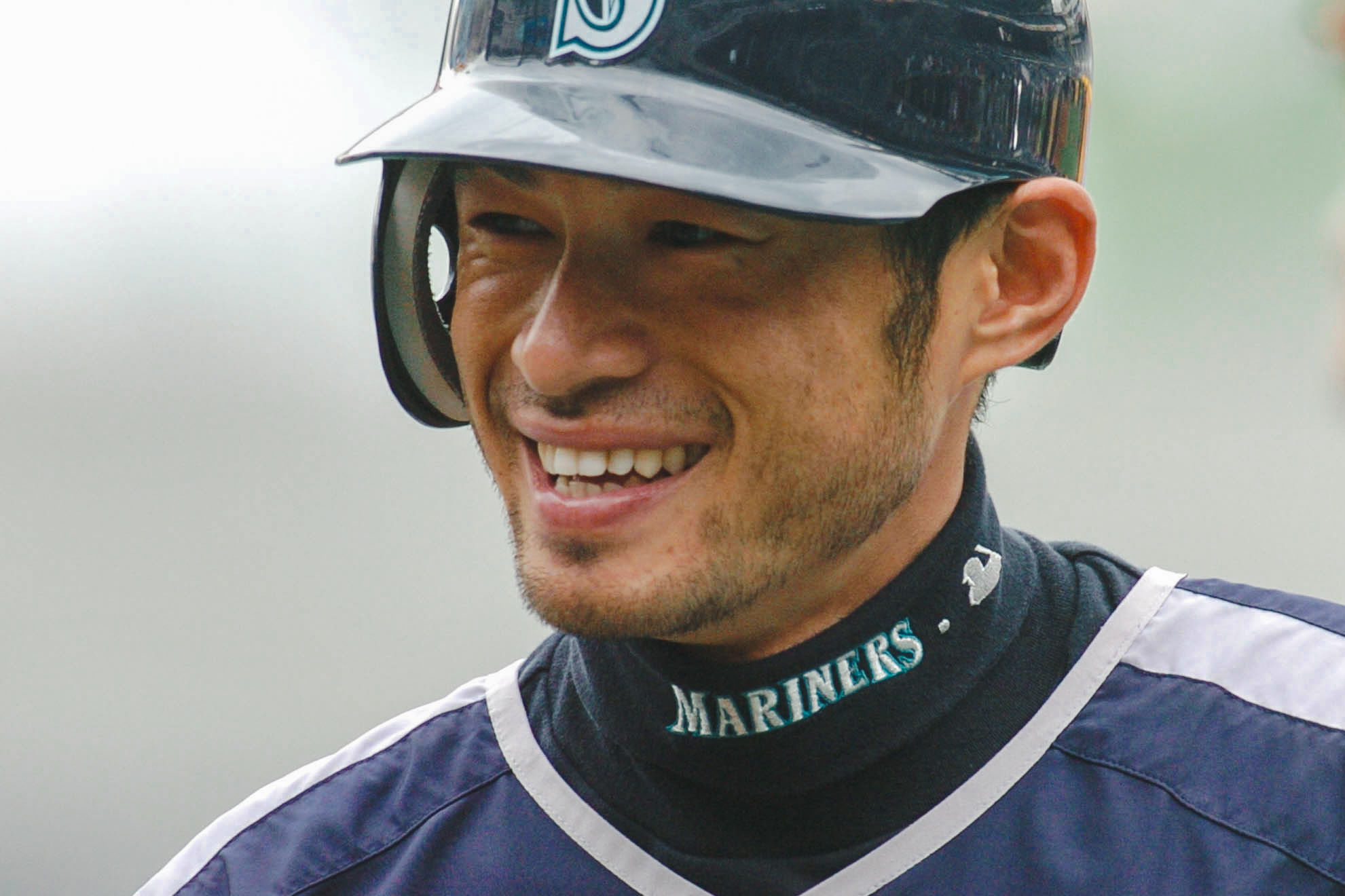On Other Blogs Today: Building Smaller, Driving Less

1. Conservative state senate Democrats Rodney Tom (D-48) and Tim Sheldon (D-35), who joined with the senate Republicans to form a right-leaning "Majority Coalition Caucus" yesterday—effectively snatching power away from the Democrats, who make up a nominal majority of the senate—have insisted that the move was about policy, not politics.
"By portraying their own politics as policy, though, they can label as partisans people who think differently. That sounds a lot like politics."
The News Tribune's Peter Callaghan isn't buying it. "The coalition," he writes, "is designed to replace those politics with the coalition’s stance against any increases in state revenue and for more reform of state government and education.
"By portraying their own politics as policy, though, they can label as partisans people who think differently. That sounds a lot like politics."
Callaghan also points out that had the state Democrats held onto the $25,000 they poured into Tom's campaign in 2010 and spent it this year on 17th District Democrat Tim Probst, they might have preserved their majority in the senate; Probst lost to Republican Don Benton by just 74 votes in a race that set the stage for the Republican coup.
5. And those Millennials are driving less. In the US, just 73.3 percent of Millennials drove regularly, compared to 84.6 percent of Gen Xers and 82.8 percent of Baby Boomers, GOOD reports.
6. In slightly less wonky news, Hanjin—the massive Korean shipping company—has reached a deal with the Port of Seattle to stay at Terminal 46 for another decade, at a cost to the Port of millions of dollars, according to the Puget Sound Business Journal.
Under the deal, the Port will pay Hanjin $4 million, add capital improvements worth up to $35 million, and give Hanjin five cranes for a dollar each.
Much as Hanjin complained about traffic congestion from the coming NBA stadium, it apparently wasn't enough to make them leave the Port.
7. In a 2000-plus-word manifesto (and PubliCola exclusive), Gov.-elect Jay Inslee outlines his economic and environmental platforms.




